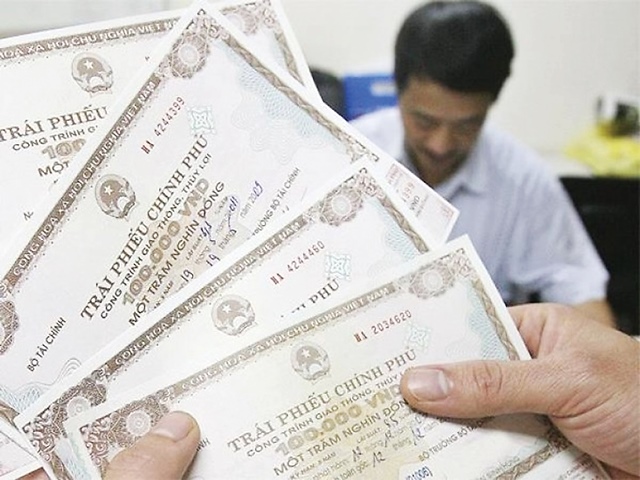Investors warned of the possibility of corporate bond default
Investors warned of the possibility of corporate bond default
As some companies have been late in paying the principal and interest when bonds mature, market participants fear that the phenomenon may result in a corporate bond default in the near future.

However, risk is a part of investment activities that investors should tolerate, experts have said.
According to experts, this is a sensitive issue since bonds are a new channel to raise capital for businesses. Meanwhile, for the banking system, the problem of bad debt has existed for several decades, so the market has had time to get used to it.
For commercial banks, the ratio of bad debt to total outstanding loans published in the financial statements is usually around 1.5-2 per cent. Therefore, in the bond market, investors also have to accept the reality of bad debt, like bank credit.
In the corporate bond market, the current outstanding debt is about VND1.5-1.6 quadrillion (US$62.8-67 billion), so there is no surprise if there is about 1 per cent or even 3 per cent of businesses that are late paying the principal and interest, which is worth about VND30-50 trillion, Nguyen Quang Thuan, general director of FiinRatings, said at a conference at the end of September.
Experts believe that investors and regulators should be calm regarding reports of a number of cases of late payment of principal and interest upon maturity of bonds.
In addition, the market expects the regulator to soon issue detailed regulations on corporate bond defaults.
“These regulations not only protect investors but also ensure stable business operations,” Thuan said.
“In many situations, businesses only lose liquidity temporarily and can't pay interest for a few days, but they all become hot headlines, then the market withdraws money, and enterprises are dead. We need to be fair.”
According to Thuan, by the end of September, the pressure to mature private bonds had decreased by 50 per cent.
The reason is that before Decree 65 was issued, many financial institutions had supported businesses to deal with the problem depending on the situation, thereby extending debt and restructuring. This is reflected in the purchase of many corporate bonds before maturity in recent months.
To have an objective view of default and bad debt in the bond market, experts recommend investors look at markets in the region.
For example, in China, the size of its bond market is $800 billion with a bad debt of about 1.35 per cent. However, in order to develop the market, it is necessary to accept a certain percentage like that.
Do Ngoc Quynh, general secretary of the Vietnam Bond Market Association, said that in the financial market, investors need to keep in mind the principle of high risk, high return.
Therefore, the higher the bond yield, the greater the probability of default. Investors should evaluate the situation and decide based on their risk tolerance.
For the market to develop stably, it is necessary to diversify the investor base, especially professional investment funds, and limit the participation of small retail investors in the market. Because only professional investment funds have the ability to diversify investment assets.





















